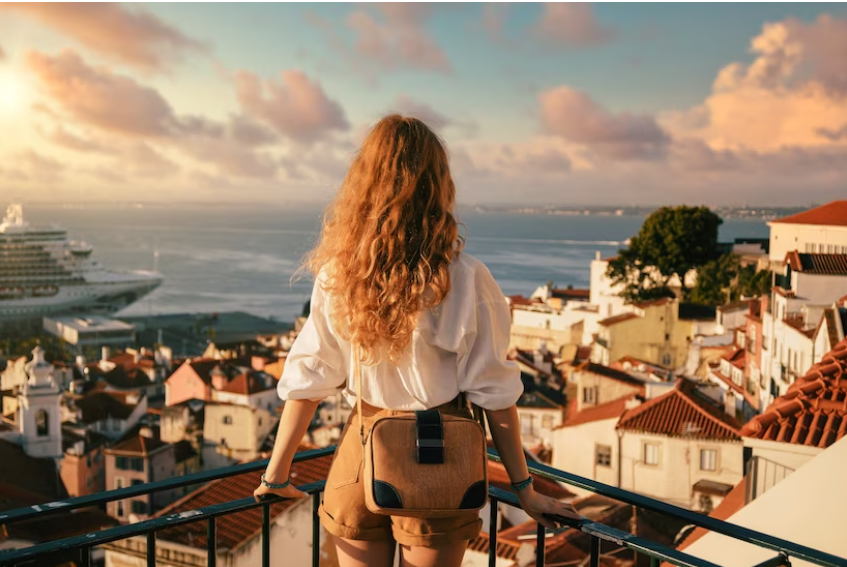Travel to Portugal
Portugal is a beautiful country with a rich history, delicious food, and stunning scenery. Here’s a full guide to help you plan your trip.
When to Visit:
The best time to visit Portugal is from March to May or September to October when the weather is mild and the crowds are thinner. July and August are the busiest and hottest months, but many people also enjoy the energy and nightlife of the cities during these months.
Transportation:
Portugal has a reliable and efficient transportation system. Lisbon and Porto have excellent public transportation networks that include buses, metro, and trams. Taxis are also readily available in the cities. Renting a car is a great option for exploring more remote areas of the country. But, of course, if you are looking for a more comfortable and relaxed way of traveling, you know how this works, right?
Accommodations:
Portugal has a wide range of accommodation options, from budget-friendly hostels to luxury hotels. Airbnb is also a popular option in Portugal, especially in larger cities.
Food and Drink:
Portugal is known for its delicious seafood, including grilled sardines, octopus, and clams. The country is also famous for its Port wine, which is produced in the Douro Valley. Other popular drinks include vinho verde (a light, young wine) and ginjinha (a sweet cherry liqueur).
What to See:
Portugal has a rich history and many cultural attractions. Some of the top attractions include:
Lisbon: The capital city of Portugal is known for its colorful neighborhoods, including Alfama and Bairro Alto, as well as the historic Belém Tower and the Jerónimos Monastery.
Porto & Coimbra: Porto is the second-largest city in Portugal and is famous for its port wine cellars and the picturesque Ribeira neighborhood. Coimbra, a historic university town with a beautiful old town and one of the oldest universities in Europe.
Sintra: A beautiful town just outside Lisbon that is home to several historic castles and palaces, including the stunning Pena Palace.
Algarve: Portugal’s southernmost region is famous for its beaches and resorts.
Money:
The currency in Portugal is the Euro (€). Most places accept credit cards, but it’s a good idea to have some cash on hand for smaller purchases.
Safety:
Portugal is a relatively safe country, but it’s always a good idea to take precautions to keep yourself and your belongings safe. Be aware of your surroundings and keep your valuables close to you in crowded areas.
Language:
The official language of Portugal is Portuguese. While many people in the tourist industry speak English, it’s always a good idea to learn a few basic phrases in Portuguese.
Tipping:
Tipping is not mandatory in Portugal, but it’s always appreciated. In restaurants, it’s common to leave a tip of 5-10% if the service was good. Taxi drivers and hotel staff also appreciate tips.
Visa Requirements:
If you are a citizen of the European Union, United States, Canada, Australia, New Zealand, or several other countries, you do not need a visa to enter Portugal for stays of up to 90 days. However, if you are unsure, please check with the Portuguese embassy in your home country.
I hope this guide helps you plan your trip to Portugal. Enjoy your travels!
If you need private and luxury transportation, let us know!

For tailor-made tours or other programs, please get in touch with us through the telephone below or by filling out the form.

